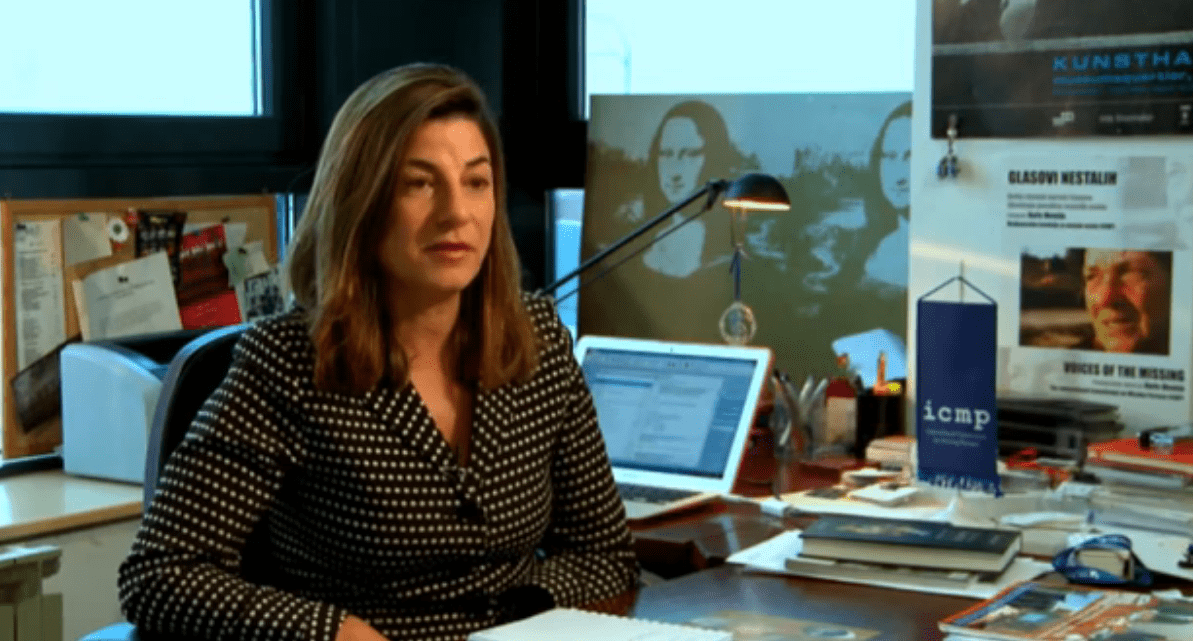This post is also available in: Bosnian
The meeting participants agreed on the modality for improving the cooperation between media and judicial institutions that will enable the public in Bosnia and Herzegovina to get the necessary information about war-crimes trials without disturbing investigations and court processes.
Judicial representatives should provide journalists with the information they need, but the journalists should not distort the information.
Judicial representatives agreed that they would upload all the necessary pieces of information on web pages and try to respond to journalists’ questions, as they have done in the past.
As far as indictments are concerned, representatives of judicial institutions stressed that they had not normally provided them to journalists in the past, although they were considered public documents and journalists needed them in order to prepare professional and objective reports.
In addition, representatives of judicial institutions said that their practice was not to send announcements about the commencement of trials or other activities undertaken by courts or prosecutions to the media or prepare overviews of their past activities.
Judges and prosecutors consider that it would be very good if journalists, who report from courtrooms, are specialized for that type of reporting, so no errors in using of legal terms or lack of understanding of court proceedings would happen.
On the other hand, representatives of the media claim that it is not possible to have specialized reporters, given the fact that journalists follow various topics, particularly if they work with news agencies, newspapers or TV stations.
In terms of reporting from local communities, journalists claim that they face lack of understanding on the part of police, so it happens that, even when a prosecutor issues a recording permit, policemen do not allow journalists to do it and they even “pull out their guns” on cameramen and photo reporters.
Representatives of judicial institutions said that police often “leaks” information, so it frequently happened that journalists knew a lot about some events even before prosecutors had been informed about them.
It was recommended to invite representatives of police to the future meetings in order to explain to them what journalists’ obligations in performing their tasks were.
Judicial institutions in Herzegovina do not have spokespersons. In most cases, chief prosecutors or duty prosecutors and court presidents communicate with the media.
Journalists, who report from local communities, were unite in saying that no sensational news stories could be made about those judicial institutions, particularly when war crimes were covered, although they frequently face disapproval by their editors in that respect.
All of the meeting participants agreed that judicial institutions should not repeat their mistakes in cooperation with the media and journalists should not repeat mistakes in reporting, because all of them should perform their tasks professionally and accountably.
The meeting held in Mostar was attended by representatives of the Mostar Cantonal Court and Prosecution, Siroki brijeg Cantonal Court and Prosecution and Trebinje District Court, as well as Stari most Radio, RTRS, Nova sloboda and Hercegovina.info portals, FENA and BIRN journalists.
During the course of this year BIRN is planning to organize, in cooperation with the Konrad Adenauer Foundation and Association of State Court Reporters, meetings on “Transparency of Judiciary and Responsibility of the Media” in Bihac, Tuzla and Sarajevo/Istocno Sarajevo.
